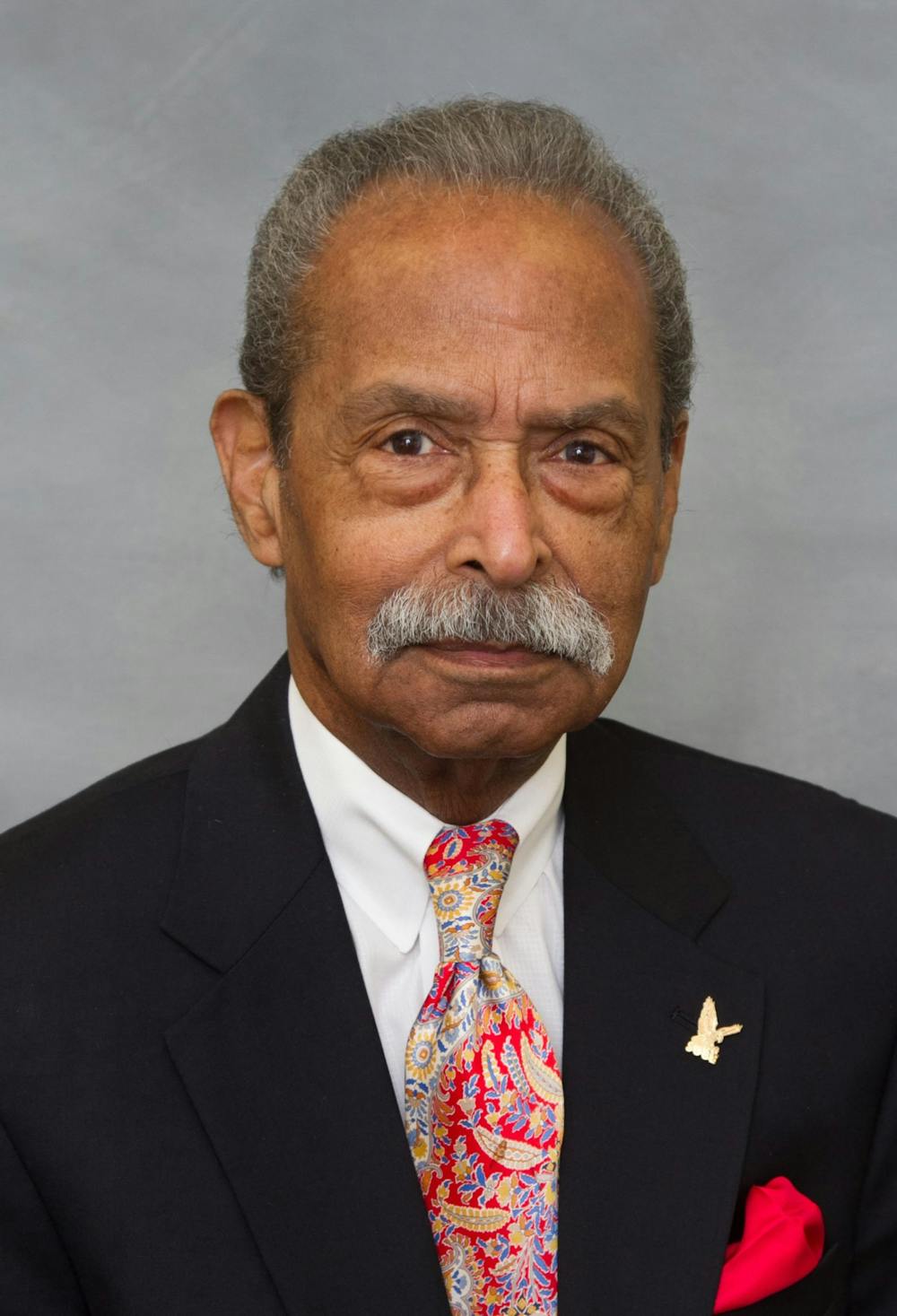Civil rights activist and former N.C. Sen. Floyd McKissick Jr., D-Durham, recently submitted his resignation from the N.C. Senate. This move comes in the wake of McKissick’s appointment to the state’s Utilities Commission, which he joined on Jan. 7.
McKissick served in the senate for approximately 13 years, representing the people of southern Durham County in District 20 of the N.C. Senate.
His legacy includes an extensive legislative record, with McKissick having passed bills in the fields of civil rights, criminal justice reform, transportation and sustainability.
In 2009, McKissick led efforts in the Senate to pass the Racial Justice Act, which aimed to prevent prosecutors from seeking the death penalty on the basis of race. According to the ACLU, passing the law led to the re-sentencing of four prisoners on death row when it was found that race played a part in juror selection.
The former state senator said in a statement on Facebook that he played a major role in the passing of legislation that automated the granting of expunctions — when a criminal charge or arrest is cleared from the record — in criminal cases involving mistaken identity or identity fraud. This marked the first time such automation had ever taken place in the state of North Carolina.
McKissick also helped pass a bill “that allowed greater opportunities for those who had paid their debt to society and served their time to obtain expunctions and greater opportunities for employment and housing,” according to the statement.
McKissick said one of the most important lessons he learned while in the Senate was how to work with members regardless of their party affiliation.
He said above all, his connection to the community was what he valued the most from his time in the Senate.
“It has been the greatest privilege of my life to have had the opportunity to introduce legislation, to craft policies, and to advocate for appropriations that have had a profound and significant impact on the lives of our citizens and on the direction that our state will take to protect our environment, to provide jobs, to educate our residents, and to open up pathways of opportunity for all," he said.





